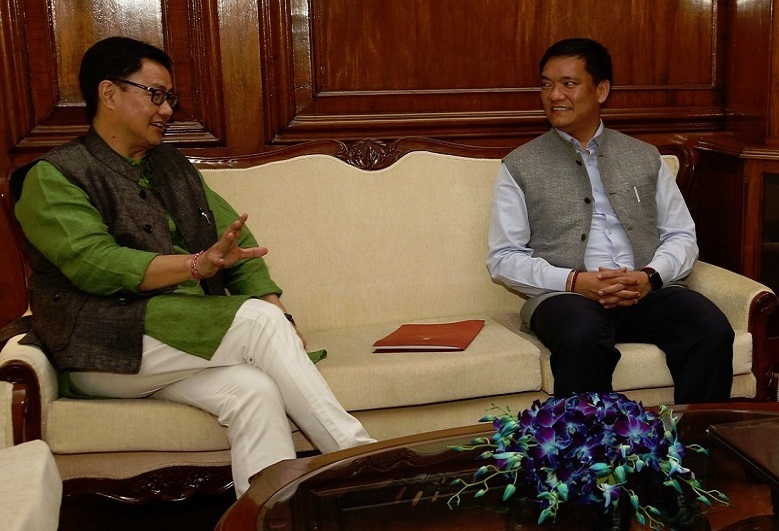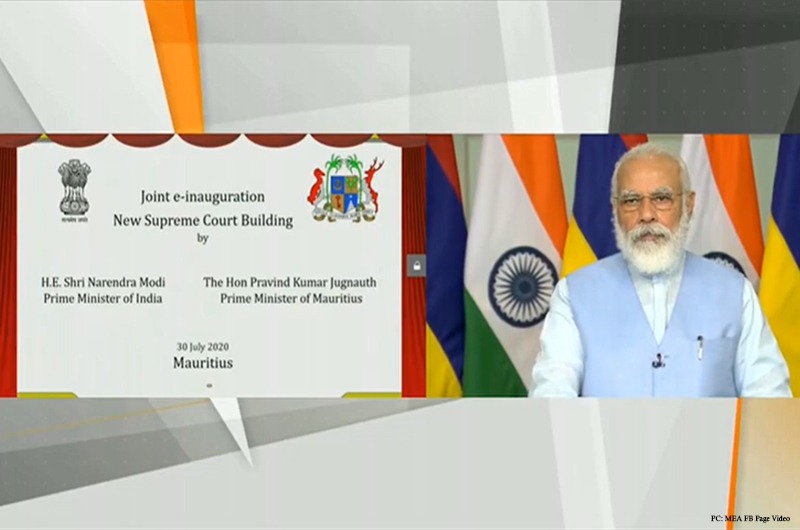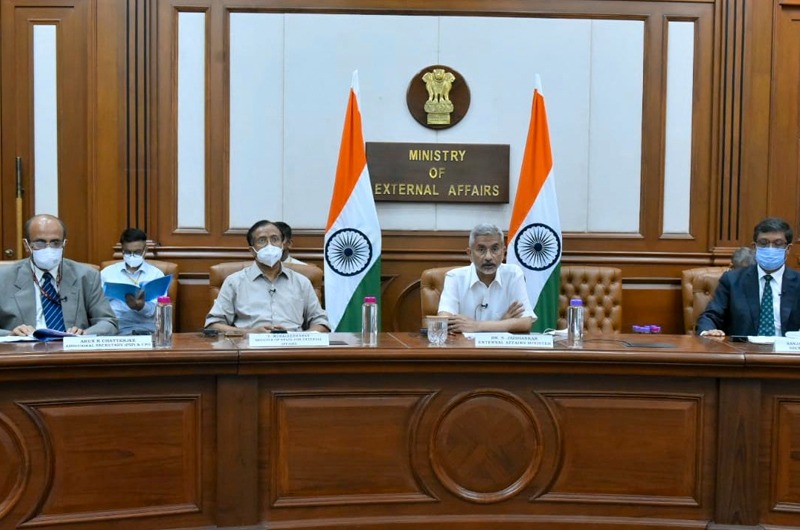

The Centre has decided to grant citizenship to around 1 lakh Chakma and Hajong refugees living in the north-eastern states as directed by the Supreme Court, but minister of state for home Kiren Rijiju has assured that the government would ensure that the rights of indigenous people are not diluted.
Rijiju said a “middle ground” would be adopted so that the 2015 Supreme Court order to grant citizenship to Chakma-Hajong refugees could be honored without diluting the rights of the local population. “The Supreme Court order has to be honored. Chakmas have been settled in Arunachal Pradesh since 1964. But ST status and indigenous people’s rights won’t be diluted,” he said.
The initiative on the Chakma and Hajong refugees comes amid the ongoing row over the central government’s plans to deport Rohingya Muslims, who came to India due to alleged persecution in Myanmar. Rijiju, who belongs to Arunachal Pradesh, has earlier said that Rohingyas are illegal immigrants and should be deported.
Several organizations and civil society groups in Arunachal Pradesh have been opposing this move, saying it would change the state’s demography.
Chakmas and Hajongs were originally residents of the Chittagong Hill Tracts in erstwhile East Pakistan who left their homeland when it was submerged by the Kaptai Dam project in the 1960s. Within the Chittagong Hill Tracts, the Chakmas are the largest ethnic group and make up half of the region’s population. The Chakmas have their own language, customs and culture, and are followers of Theravada Buddhism
The Hajong people are tribal people of North-east India and Bengal. They are the fourth largest ethnicity in Meghalaya and are spread out across North East India, West Bengal and Bangladesh. Majority of the Hajongs are settled in India and follow Hindu rites and customs.
At present, they don’t have citizenship and land rights but receive basic amenities from the state government.








